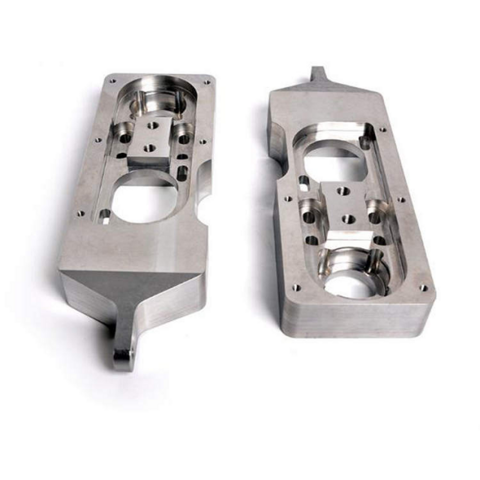The 3-Minute Rule for Alcast Company
Table of ContentsThe Greatest Guide To Alcast CompanyThings about Alcast CompanyThe Best Guide To Alcast CompanyFacts About Alcast Company UncoveredAbout Alcast CompanyAlcast Company for Beginners
The subtle difference lies in the chemical material. Chemical Contrast of Cast Aluminum Alloys Silicon promotes castability by decreasing the alloy's melting temperature level and boosting fluidness during casting. It plays an essential function in enabling intricate molds to be filled up precisely. In addition, silicon adds to the alloy's toughness and wear resistance, making it useful in applications where toughness is important, such as automotive components and engine parts.It also boosts the machinability of the alloy, making it less complicated to refine into finished items. In this method, iron contributes to the total workability of light weight aluminum alloys.
Manganese contributes to the strength of aluminum alloys and enhances workability (aluminum metal casting). It is generally made use of in functioned light weight aluminum items like sheets, extrusions, and profiles. The visibility of manganese help in the alloy's formability and resistance to breaking throughout construction processes. Magnesium is a light-weight aspect that offers toughness and effect resistance to aluminum alloys.
Alcast Company - An Overview
Zinc boosts the castability of aluminum alloys and helps manage the solidification process during casting. It enhances the alloy's stamina and solidity.

The primary thermal conductivity, tensile stamina, return stamina, and prolongation vary. Select appropriate raw materials according to the performance of the target item produced. Among the above alloys, A356 has the greatest thermal conductivity, and A380 and ADC12 have the cheapest. The tensile restriction is the contrary. A360 has the most effective yield strength and the greatest prolongation rate.
More About Alcast Company

In accuracy spreading, 6063 is appropriate for applications where elaborate geometries and high-grade surface useful site coatings are vital. Instances include telecommunication rooms, where the alloy's premium formability enables for sleek and visually pleasing styles while keeping structural honesty. In the Illumination Solutions sector, precision-cast 6063 elements produce sophisticated and effective lighting fixtures that call for complex shapes and great thermal efficiency.
The A360 shows premium elongation, making it ideal for complex and thin-walled parts. In accuracy casting applications, A360 is well-suited for industries such as Consumer Electronics, Telecommunication, and Power Tools.
More About Alcast Company
Its unique homes make A360 a useful option for precision casting in these markets, enhancing product durability and high quality. Foundry. Aluminum alloy 380, or A380, is a commonly used spreading alloy with a number of unique features.
In precision spreading, light weight aluminum 413 radiates in the Customer Electronics and Power Equipment sectors. This alloy's exceptional deterioration resistance makes it a superb option for exterior applications, ensuring lasting, long lasting items in the stated sectors.
Fascination About Alcast Company
The light weight aluminum alloy you choose will considerably influence both the spreading procedure and the residential or commercial properties of the final item. Because of this, you should make your choice very carefully and take an informed approach.
Establishing the most suitable aluminum alloy for your application will mean considering a vast variety of attributes. These relative alloy characteristics adhere to the North American Die Spreading Association's guidelines, and we've separated them right into two groups. The very first category addresses alloy characteristics that influence the manufacturing process. The 2nd covers features affecting the properties of the end product.
The Definitive Guide to Alcast Company
The alloy you select for die spreading directly impacts numerous aspects of the spreading procedure, like just how simple the alloy is to collaborate with and if it is vulnerable to casting problems. Warm breaking, likewise called solidification breaking, is a normal die casting issue for aluminum alloys that can cause internal or surface-level tears or cracks.
Particular light weight aluminum alloys are a lot more susceptible to warm breaking than others, and your option ought to consider this. An additional typical defect located in the die spreading of aluminum is die soldering, which is when the actors adheres to the die walls and makes ejection challenging. It can harm both the actors and the die, so you need to search for alloys with high anti-soldering properties.
Corrosion resistance, which is currently a notable feature of light weight aluminum, can vary substantially from alloy to alloy and is an important characteristic to consider depending on the ecological conditions your item will certainly be revealed to (aluminum metal casting). Put on resistance is one more building frequently looked for in light weight aluminum items and can set apart some alloys